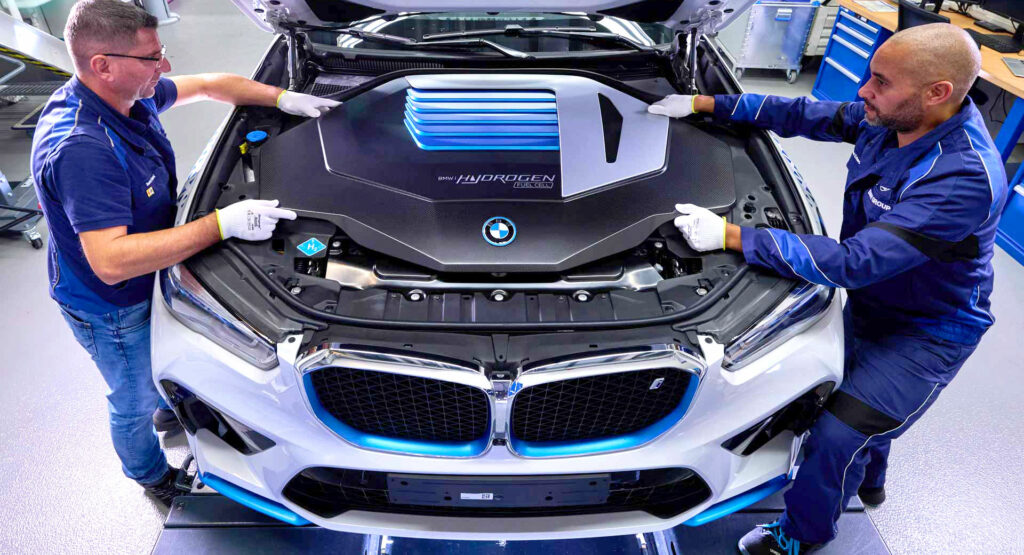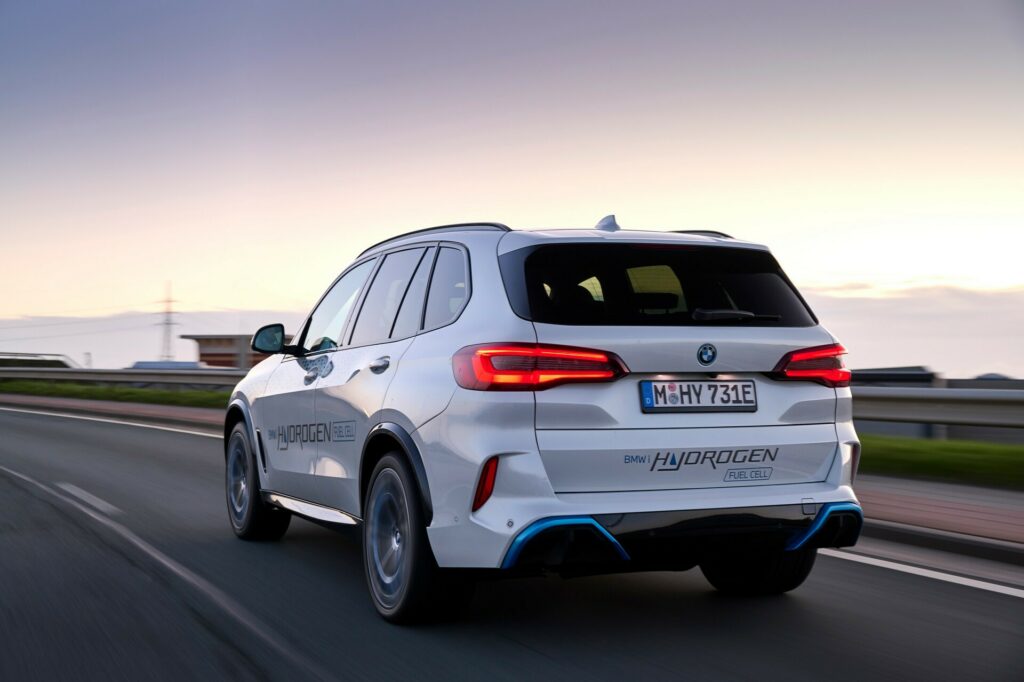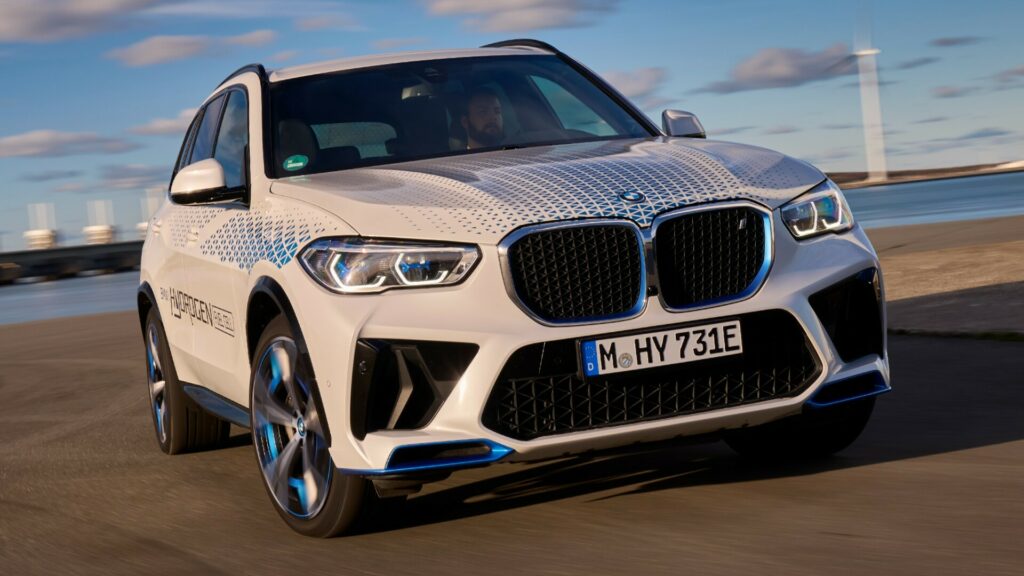While BMW is continuing development of the iX5 Hydrogen with a test fleet of 100 vehicles already deployed, chief engineer Jürgen Guldner revealed more about the automaker’s first series production FCEV which should be expected in the second half of the decade.
The engineer didn’t go into specifics about the bodystyle of the upcoming model, although he admitted that the size of the BMW X5 is a good fit for the technology. Their goal is to make hydrogen tanks that could fit inside the space of the battery in EVs, making the BMW Neue Klasse architecture compatible with fuel-cell electric vehicles.
Read: Ineos Postpones Hydrogen Grenadier Launch, Blames Poor Infrastructure

Guldner, who is responsible for BMW’s hydrogen program, believes that the adoption of hydrogen-powered EVs is “a matter of time”, although they will most likely remain a “significant minority”. During his speech in Antwerp, Guldner suggested that hydrogen-powered vehicles could work as an alternative to battery-electric models when the industry reaches its limits in terms of raw materials or infrastructure.
As reported by Autocar, BMW is “waiting for the tipping point of the infrastructure” before they launch their first series-production FCEV in the market. The automaker wants to take advantage of the European Union’s upcoming Alternative Fuels Infrastructure Directive. The latter mandates the installation of refueling stations for FCEV trucks every 150 km (93 miles) on major highways, which could then form the base of a wider network for passenger vehicles.
In terms of pricing, Guldner revealed that the cost of FCEVs has seen a sharp decline but remains high due to the low production volume. Results from BMW studies suggest that the cost of FCEVs could be on par with BEVs within the next decade. Furthermore, the raw materials required in FCEVs are much fewer than for BEVs making them “less vulnerable to the volatility in the market”.





